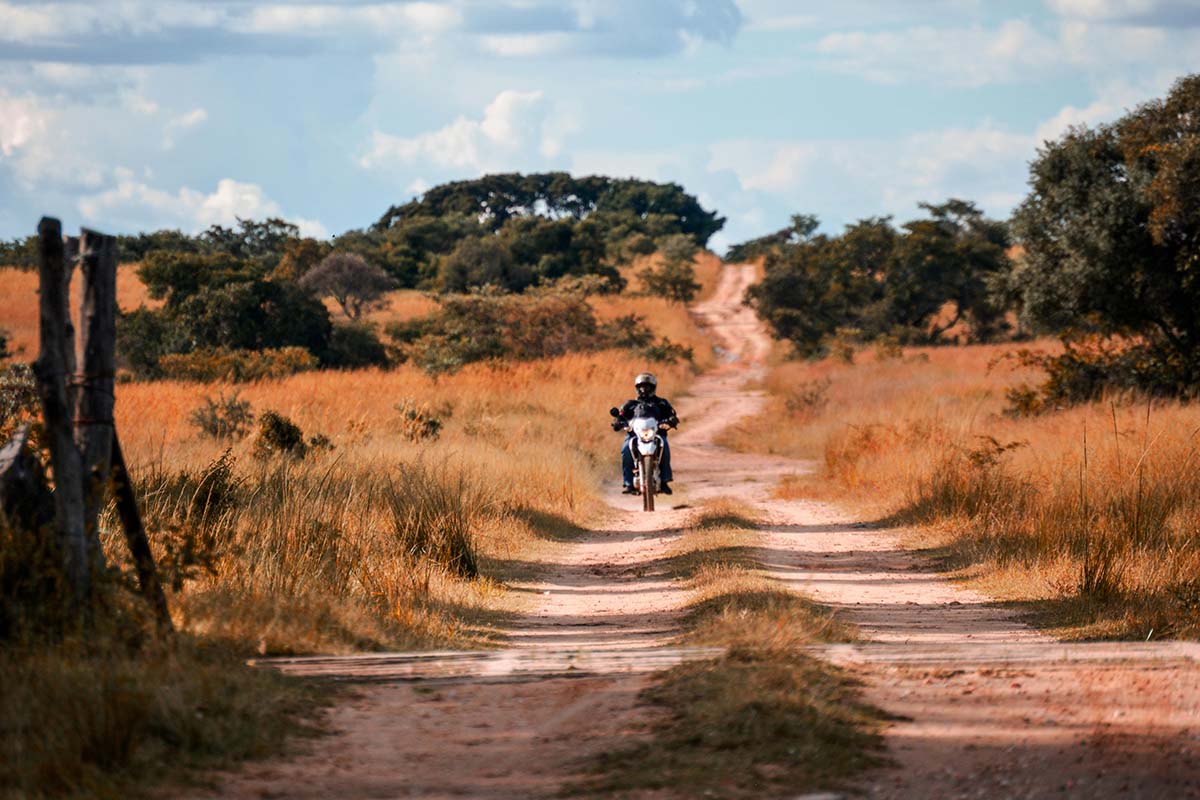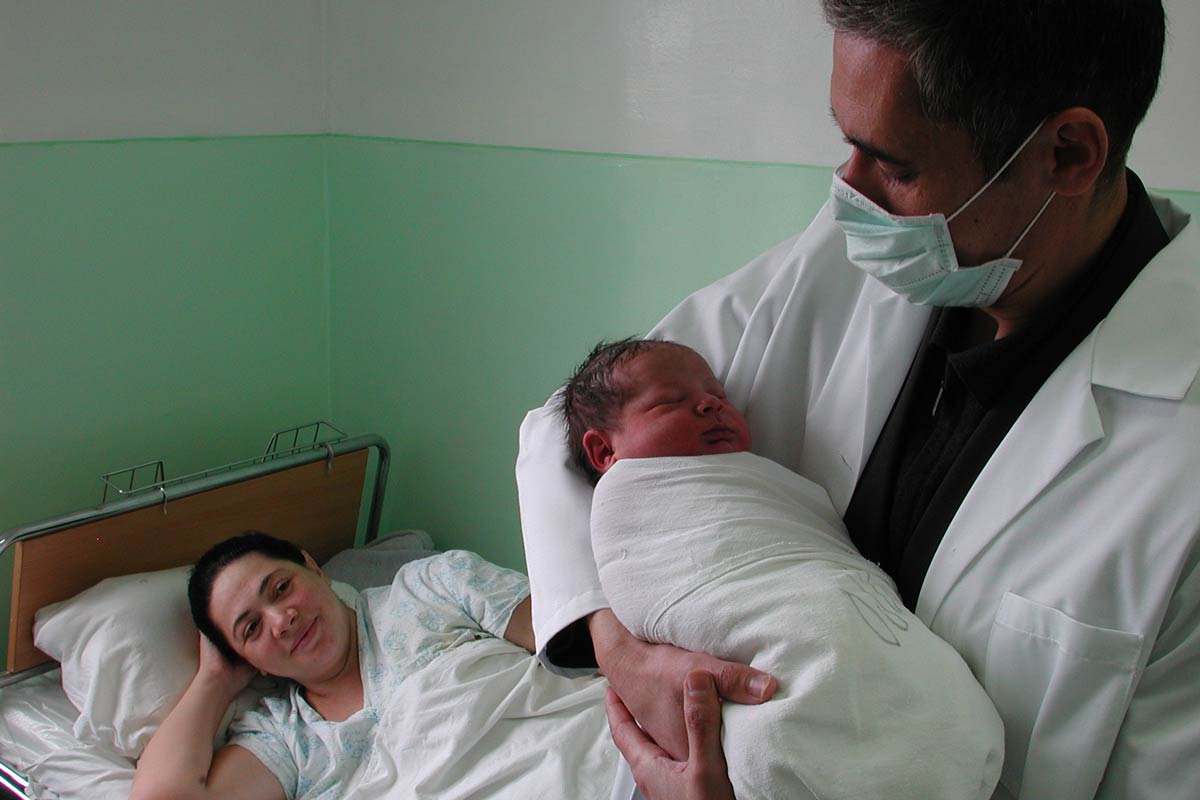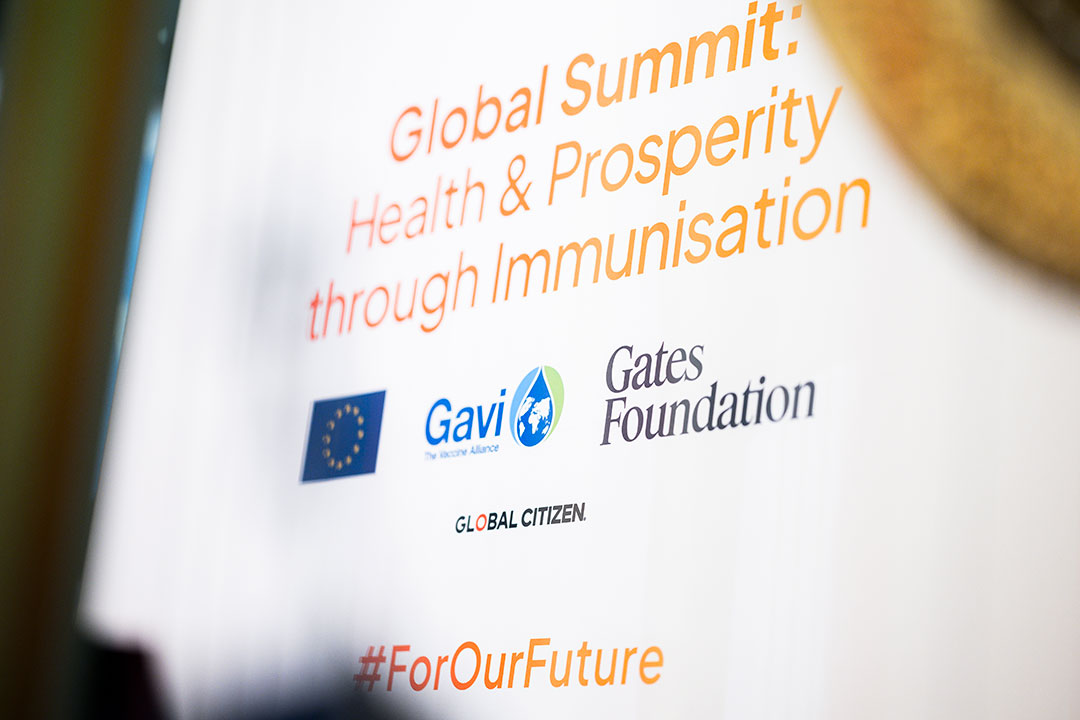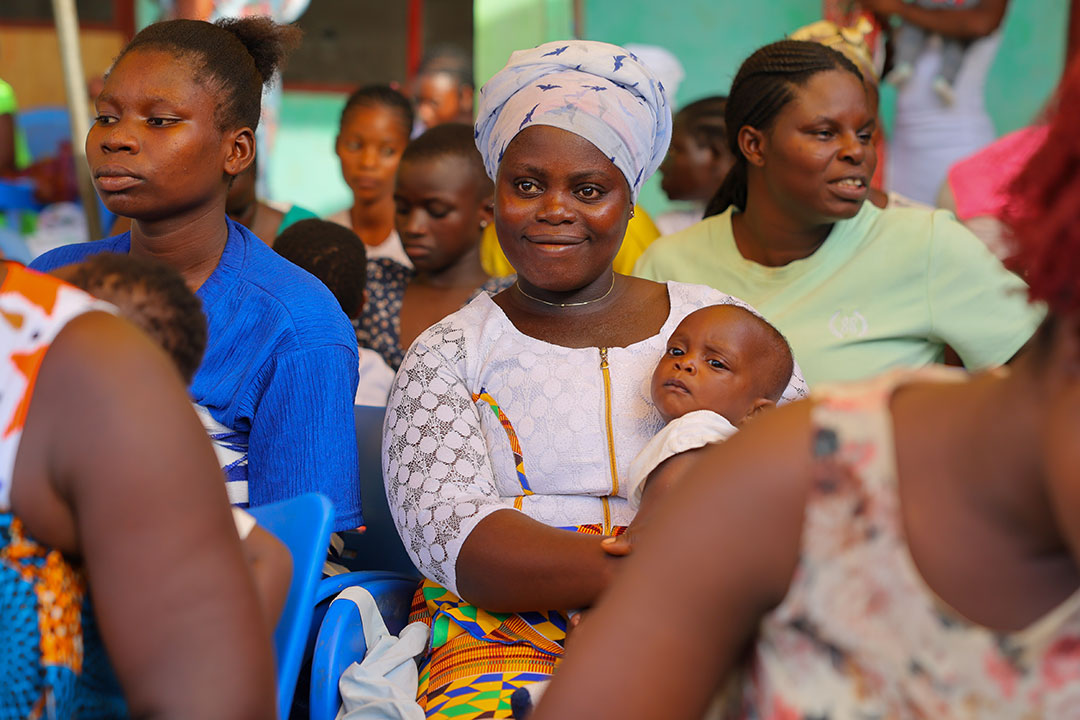“I strive to be part of the solution”: meet the nurses staffing the cholera frontline in Zimbabwe
In Kariba district, a cholera flare-up tested community trust in their health workers.
- 17 February 2025
- 5 min read
- by Sally Nyakanyanga

Zimbabwe, long plagued by political and economic turmoil, has been battling a recurring cholera epidemic for the best part of two years.
It’s a fight with a moving frontline. Since February 2023, when the first cholera case was reported in Chegutu in Mashonaland West, outbreaks have flared and been squashed and flared again in different parts of the country.
In August 2024, the Government of Zimbabwe declared the epidemic over, tallying 34,549 confirmed cases and 631 deaths to 30 June 2024. But in November, new cases and a new death were reported from Kariba district, abutting Zambia. Here, as elsewhere in the country, frontline workers sprang into action.
“We are not just inoculators; we are educators”
Kariba, which shares its name with a famous dam, is largely dependent on fishing for livelihood and water from the lake. Recent years have thrown up fresh challenges for communities here. El Niño-induced droughts have lowered water levels, imperilling sources of drinking water, and heightening the risk of a cholera crisis.
To combat this, cholera treatment camps and vaccination points have been set up in affected villages. Close to 2.5 million doses have been shipped to Zimbabwe from the Gavi-supported global oral cholera vaccine stockpile since February 2023: 5,000 doses were earmarked to help calm the Kariba flare-up
One such vaccination point is located at the Gatshe-Gatshe clinic, where nurses Sister Sithembiso Mhlanga and Taurai Banda and their colleagues work six days a week to keep the cholera control effort up and running. Despite the many obstacles they face – including logistical issues, staff shortages and community scepticism – they remain steadfast in their mission to protect the people of Kariba.
Mhlanga, who has been a nurse for two years, says she is driven by the desire to see people healthy. “As a health professional, I’ve seen the suffering caused by diseases, so I strive to be part of the solution,” she says. On a typical day, Mhlanga and Banda arrive at the clinic early, preparing vaccines and ensuring that everything is ready. They check each ampoule carefully: sloppiness can cost lives. OCVs, like all vaccines, are biological products, and must be kept at refrigerated temperatures to stay potent.
“We are not just inoculators; we are educators,” Mhlanga explains. “We talk to people about what cholera can do and how the vaccine can protect them.” This education is crucial, especially in a community where misinformation about vaccines is widespread.
“We keep pushing forward”
But that work can sometimes feel like an uphill challenge. “There’s a lot of scepticism, especially from groups that don’t believe in vaccination,” she says. “It’s a challenge, but we keep pushing forward.” Staff shortages and inadequate storage space for vaccines further complicate their work, but local leaders have been instrumental in helping to raise awareness and mobilise people to get vaccinated.
Banda recalls a powerful interaction with 57-year-old Claude Kaharo, who almost died from cholera. “I had grown so thin in just four days that the nurse was shocked when she saw me,” Kaharo recalls. “If I had waited any longer, I would have died.”
He had not heard about the vaccination campaign before falling ill, but after speaking with Banda, he decided to get his family vaccinated.
Kaharo’s story is just one of many that underscore the impact of the health workers’ tireless efforts. The data does too: after the launch of the vaccination campaign in Kariba district, the number of cholera cases has tailed off significantly. By late December, the Ministry of Health was able to declare the Kariba outbreak over.
Have you read?
Health workers: guardians of hope
Mhlanga and Banda believe that success has hinged not just on the number of vaccines administered, but about the trust they have earned in the community. “When people see us as a symbol of hope, that’s when we know we’ve succeeded,” Mhlanga reflects.
Makeleni Chenge, a 45-year-old village elder, concedes that she, like other community members, was hesitant to accept vaccination initially. “A lot of misinformation circulates, and many people are hesitant to accept it,” she says.
Over time, however, Chenge and others have come to understand the importance of vaccination. “I used to think of the vaccine as an experiment, but now I see it as a way to protect my family,” she says. Chenge credits health workers in her area for their role in debunking misconceptions and educating the public about the benefits of vaccination.
The local Member of Parliament in Kariba, Shine Gwangava, emphasises the need for a multi-faceted approach to cholera prevention. “Vaccination should be accompanied by other measures, such as handwashing, drinking safe water, and using clean water sources,” he says. In Gatshe-Gatshe, where the local borehole has dried up, people are relying on water from Lake Kariba, which has imperilled efforts to prevent the disease.
Itai Rusike, Executive Director of the Harare-based NGO Community Working Group on Health, stresses the need for long-term solutions to prevent future cholera outbreaks. “We need sustainable mechanisms to combat cholera and restore the country’s dignity and health,” he says.
A long road ahead
Despite progress, Zimbabwe remains at risk of cholera outbreaks. The country has experienced recurring cholera epidemics, including the devastating 2008–2009 outbreak that saw nearly 100,000 cases and over 4,000 deaths.
According to WHO, cholera continues to be endemic in Zimbabwe, and the country is still grappling with water scarcity, poor sanitation, and logistical challenges.
Amid these challenges, efforts of health workers like Mhlanga and Banda are a beacon of hope. Their dedication to improving public health and educating the community has led to a significant decrease in cholera cases. However, the road ahead remains difficult, and the question remains whether the collective efforts of the government, health professionals and the community can lead to lasting change.





